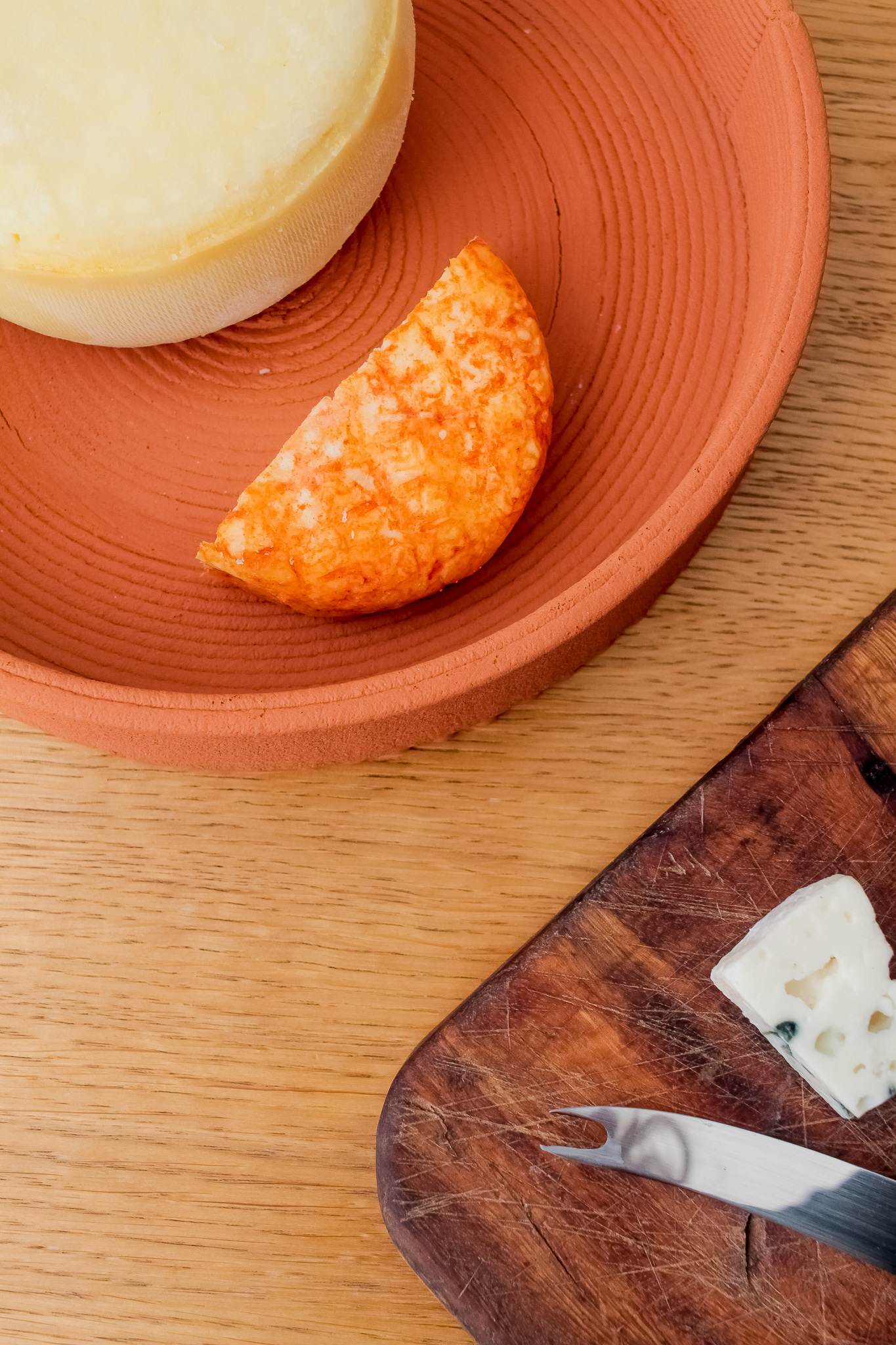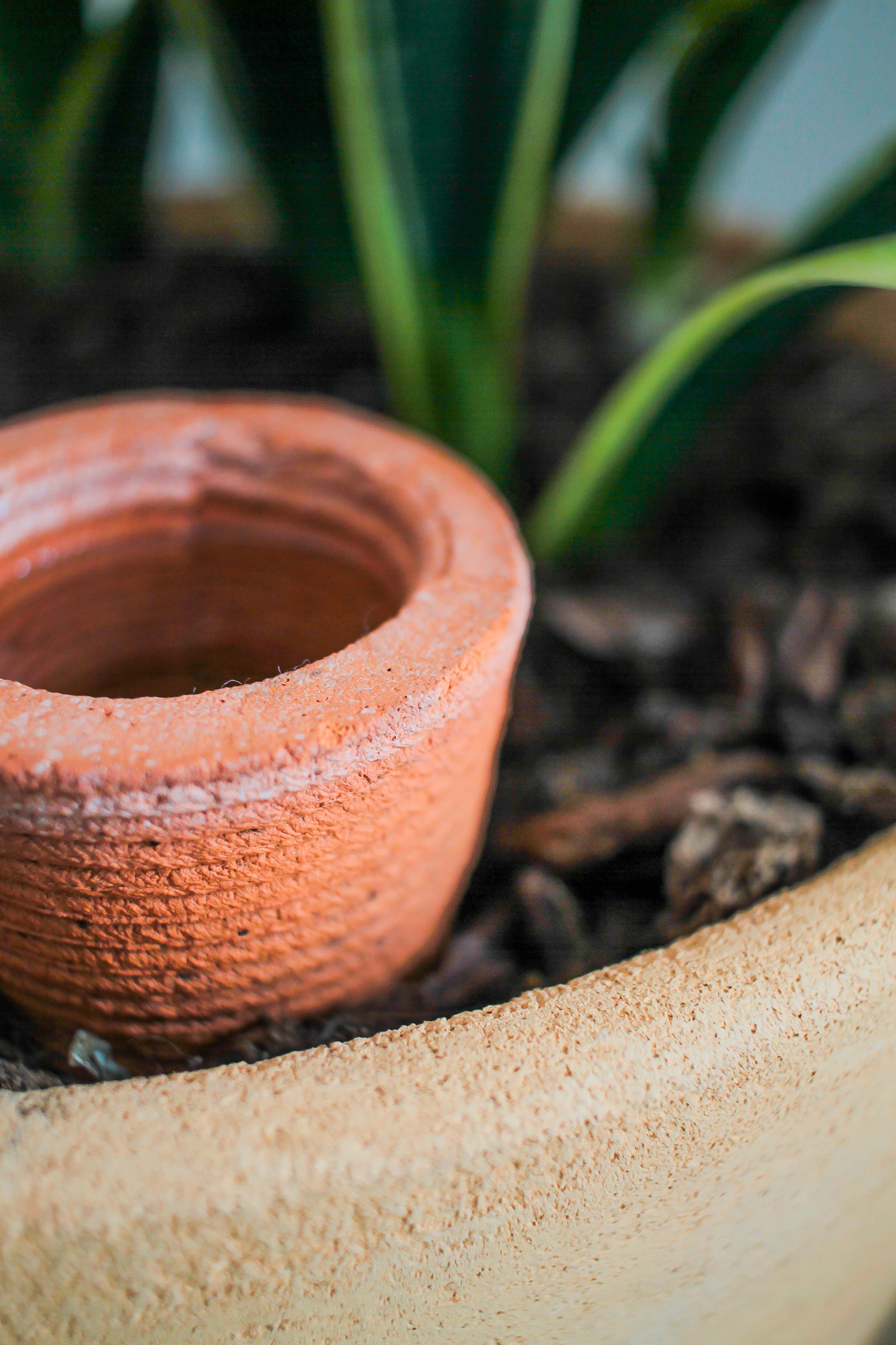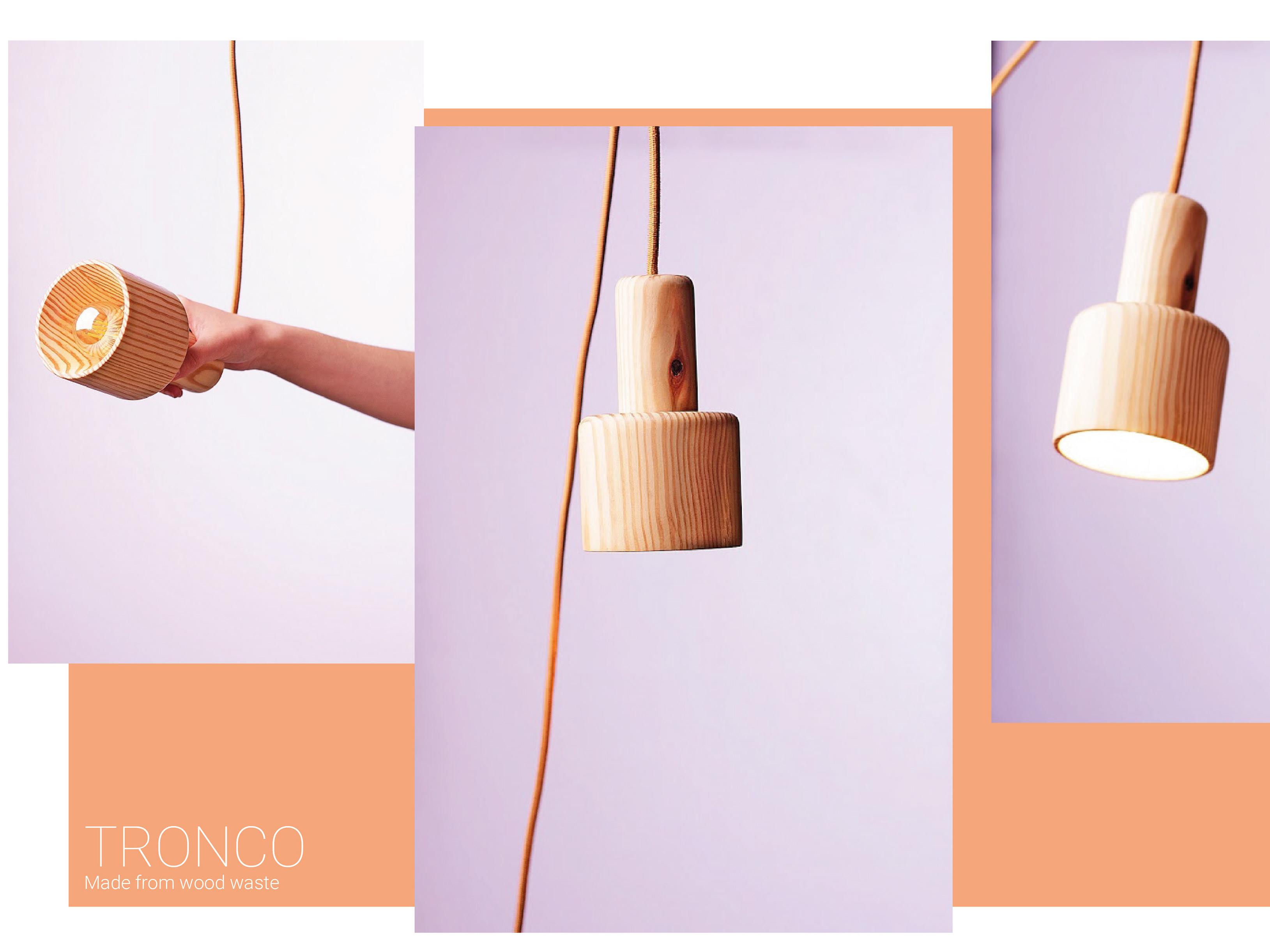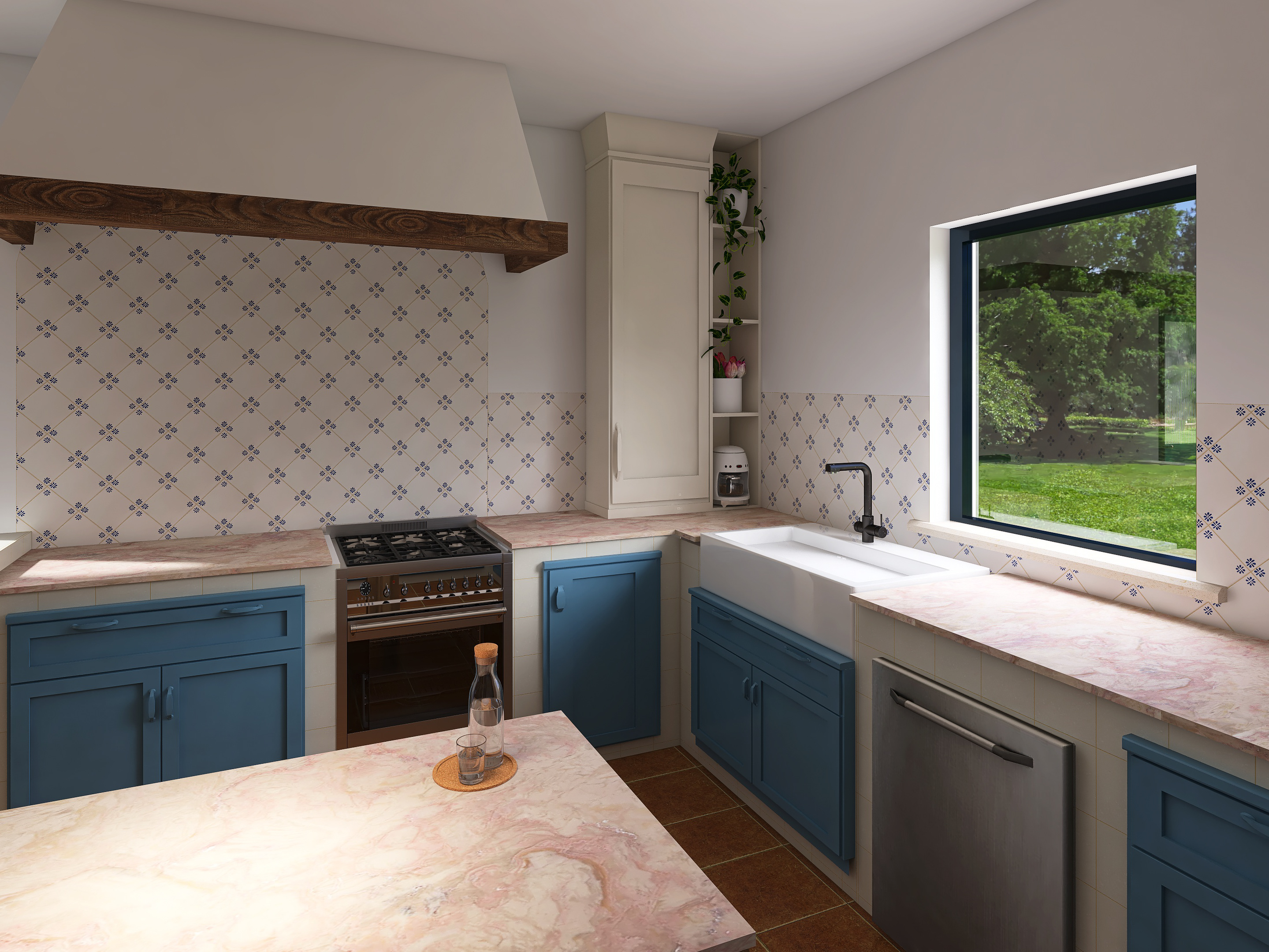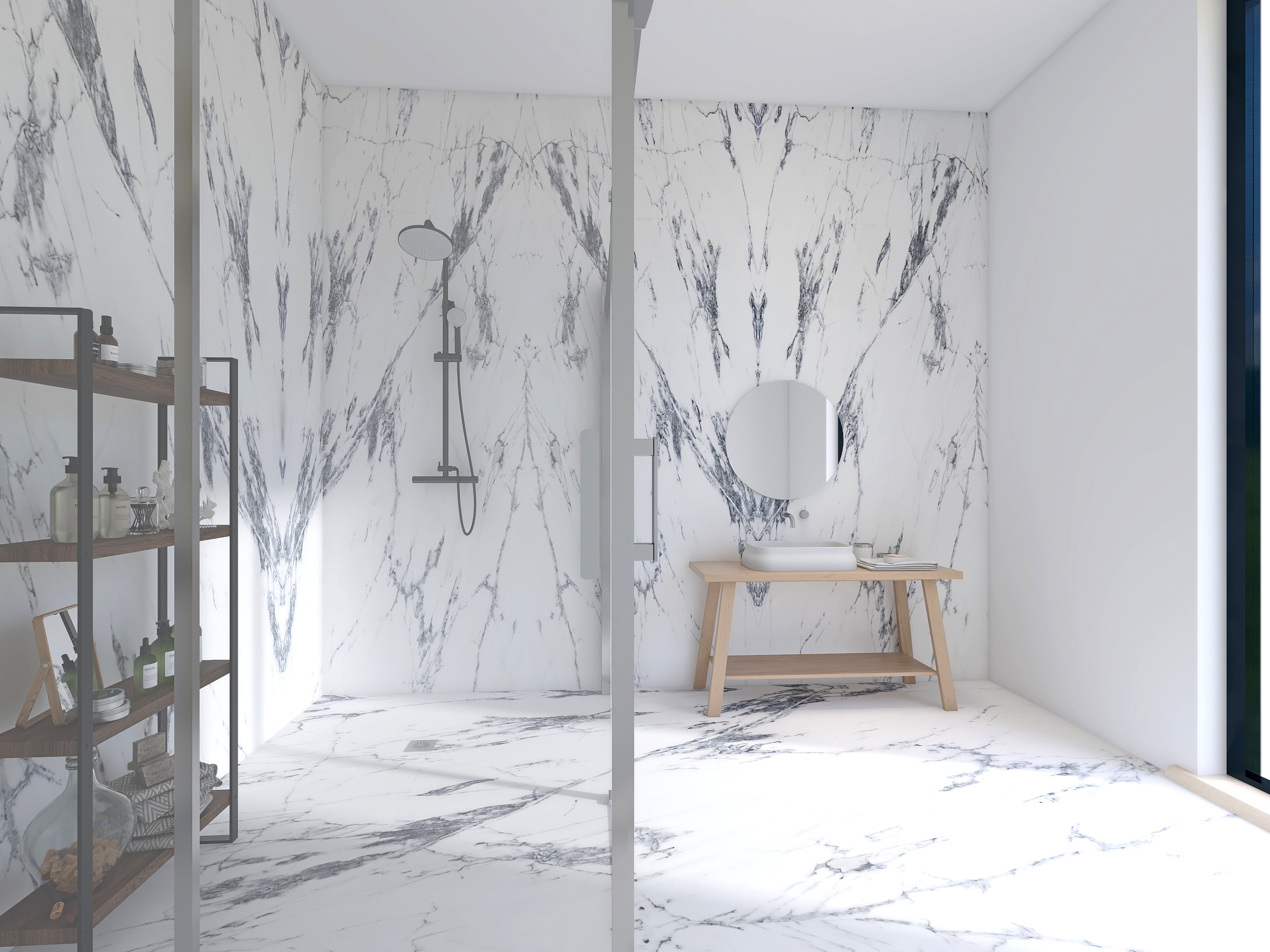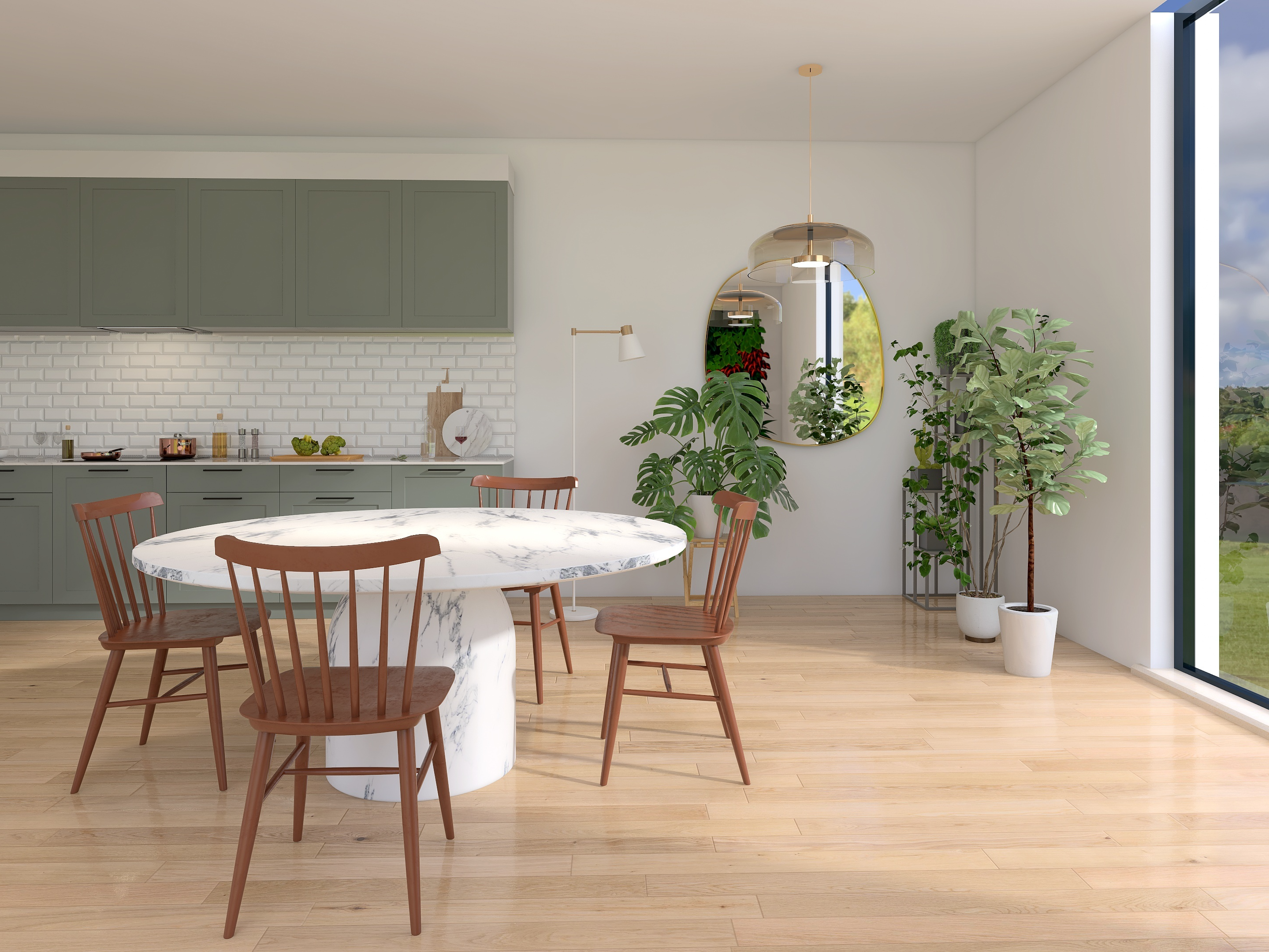This project explores the use of industrial by-products, particularly from the food industry, as raw materials for product design. With environmental issues and industrial waste gaining increasing attention in recent years, the project aims to rethink how design can address these challenges by repurposing waste materials. The focus was on coffee grounds, an organic by-product abundantly available from the HOR ECA sector. Through experimentation, it was found that combining coffee grounds with ceramic materials produced a lightweight, porous material with unique properties.
The project was developed in two phases: First, laboratory tests were conducted to create an effective ceramic paste with varying amounts of organic matter, focusing on weight, strength, absorption, plasticity, and sustainability. Both manual and industrial production methods, such as traditional modelling, hydraulic pressing, and additive manufacturing, were tested. In the second phase, prototypes were created to optimize the material's potential and explore new product applications.
Ultimately, the project emphasizes the value of by-products and their untapped potential, encouraging a new perspective on sustainable material use and design innovation.



